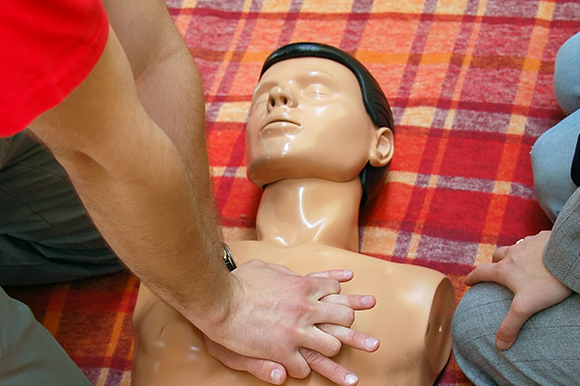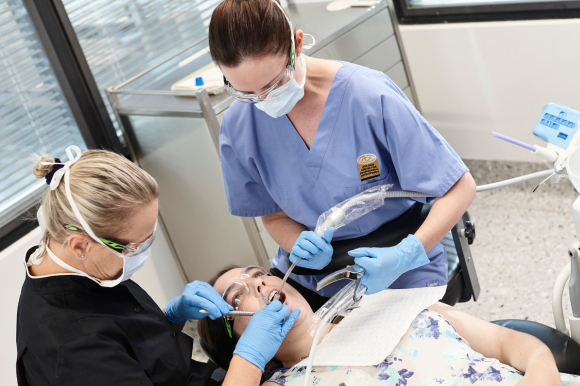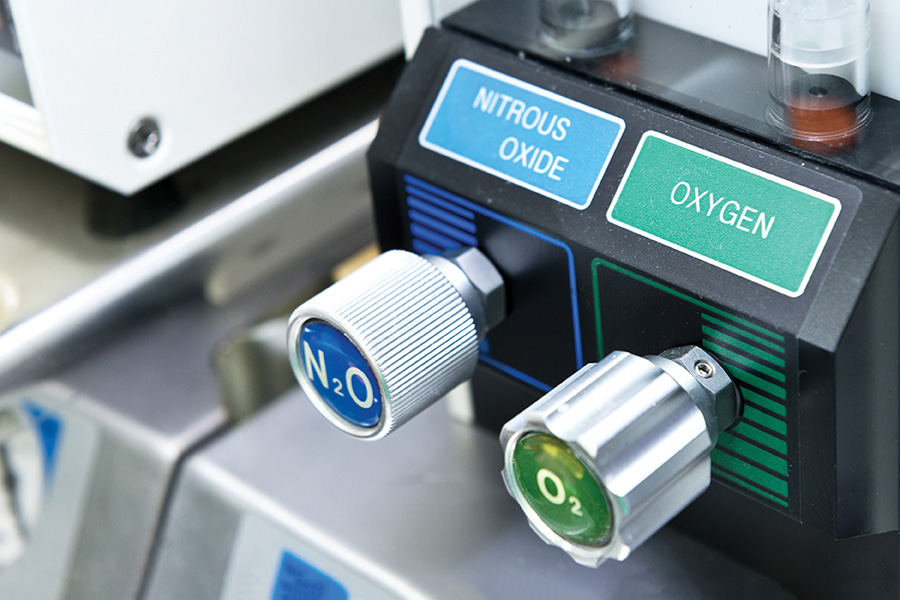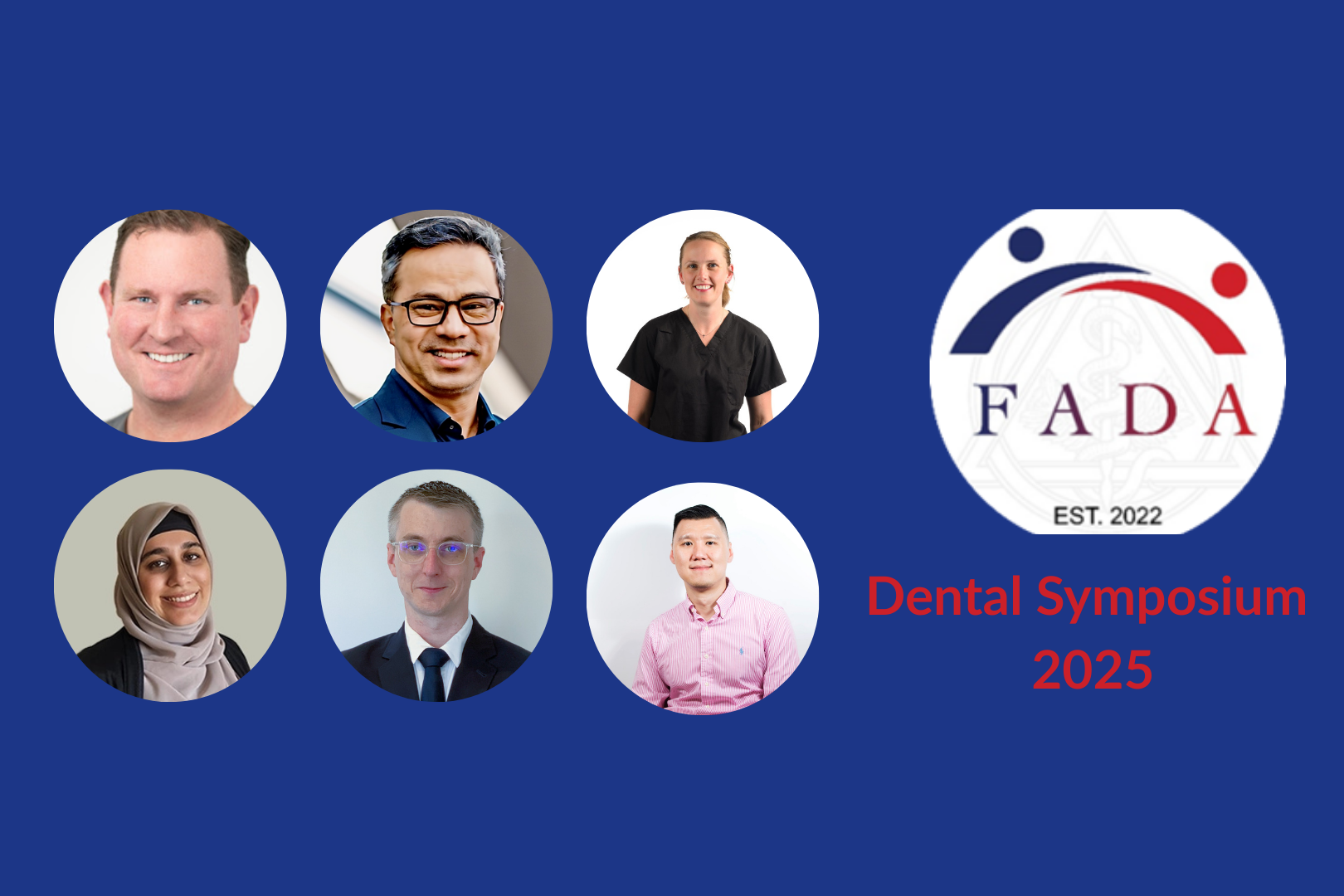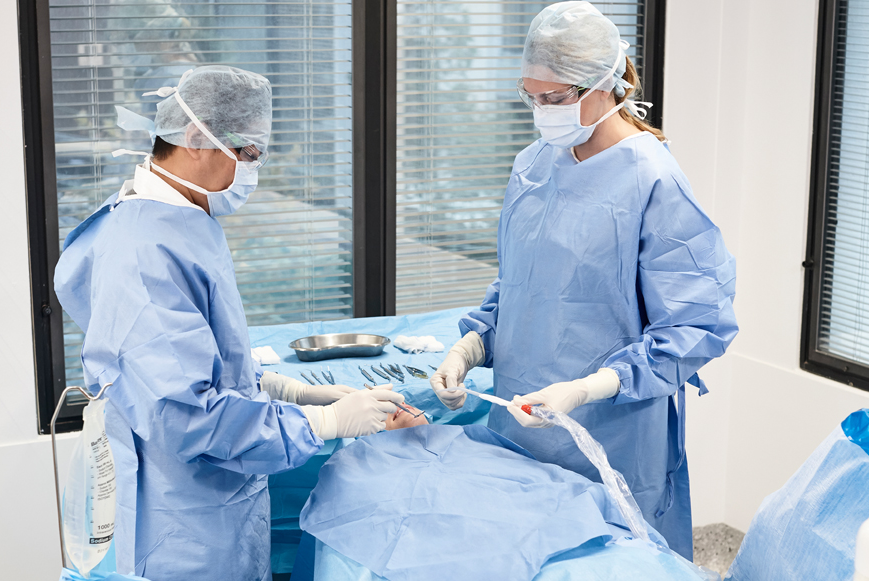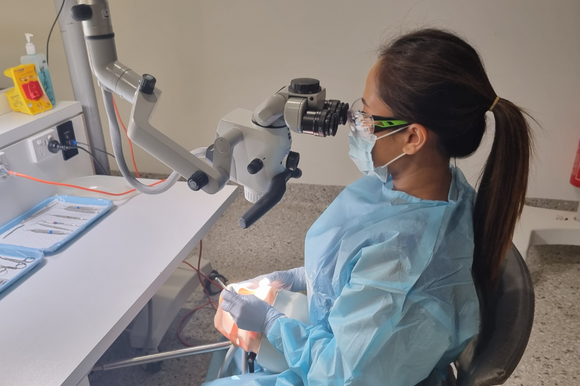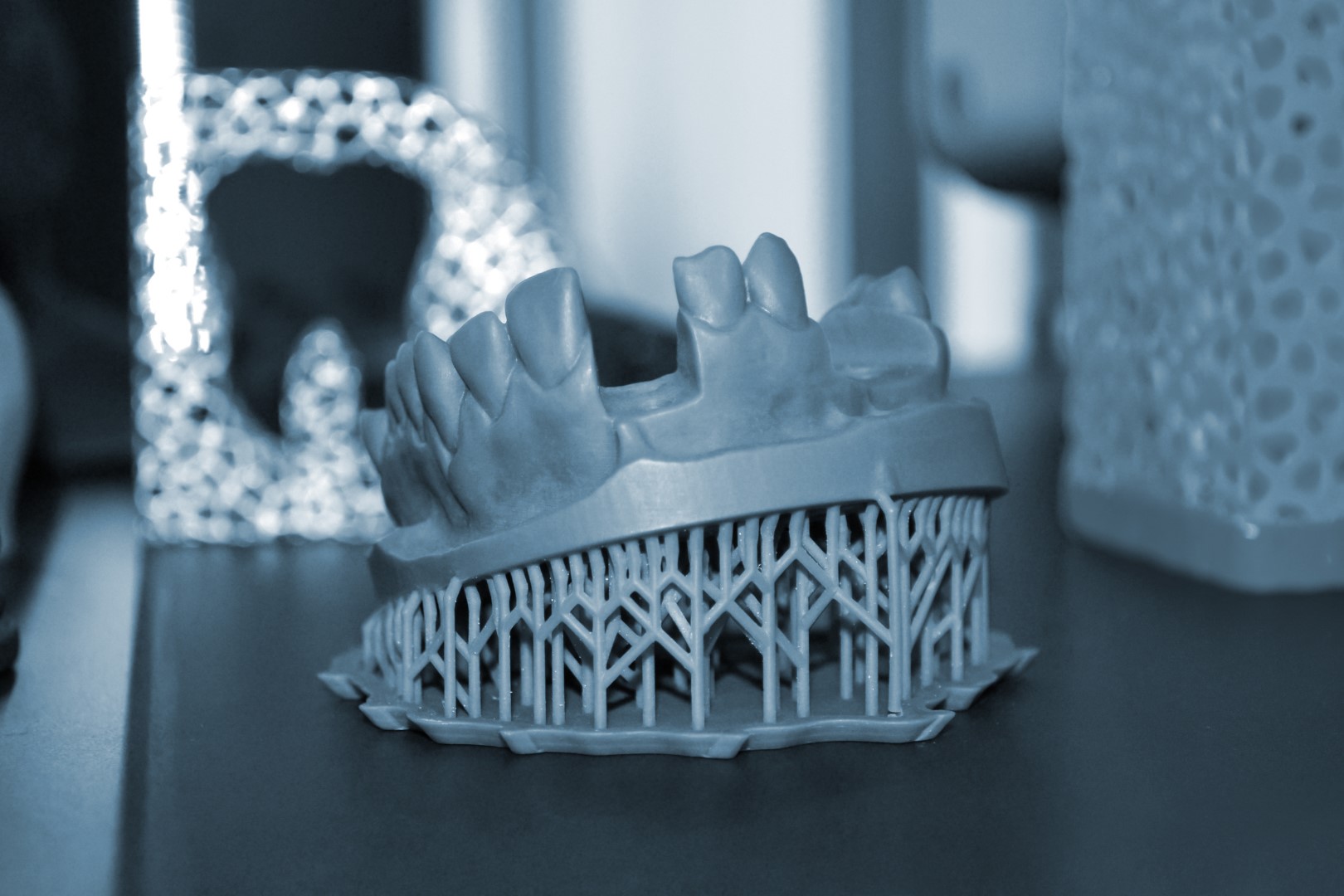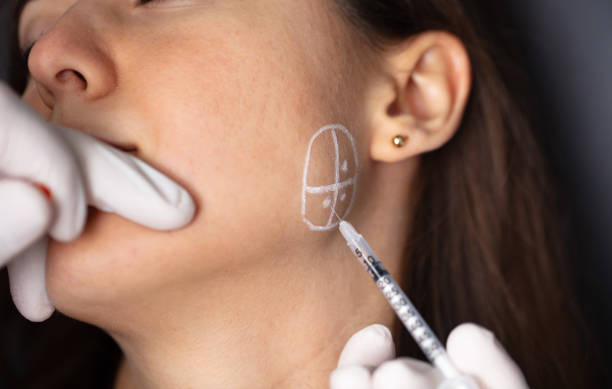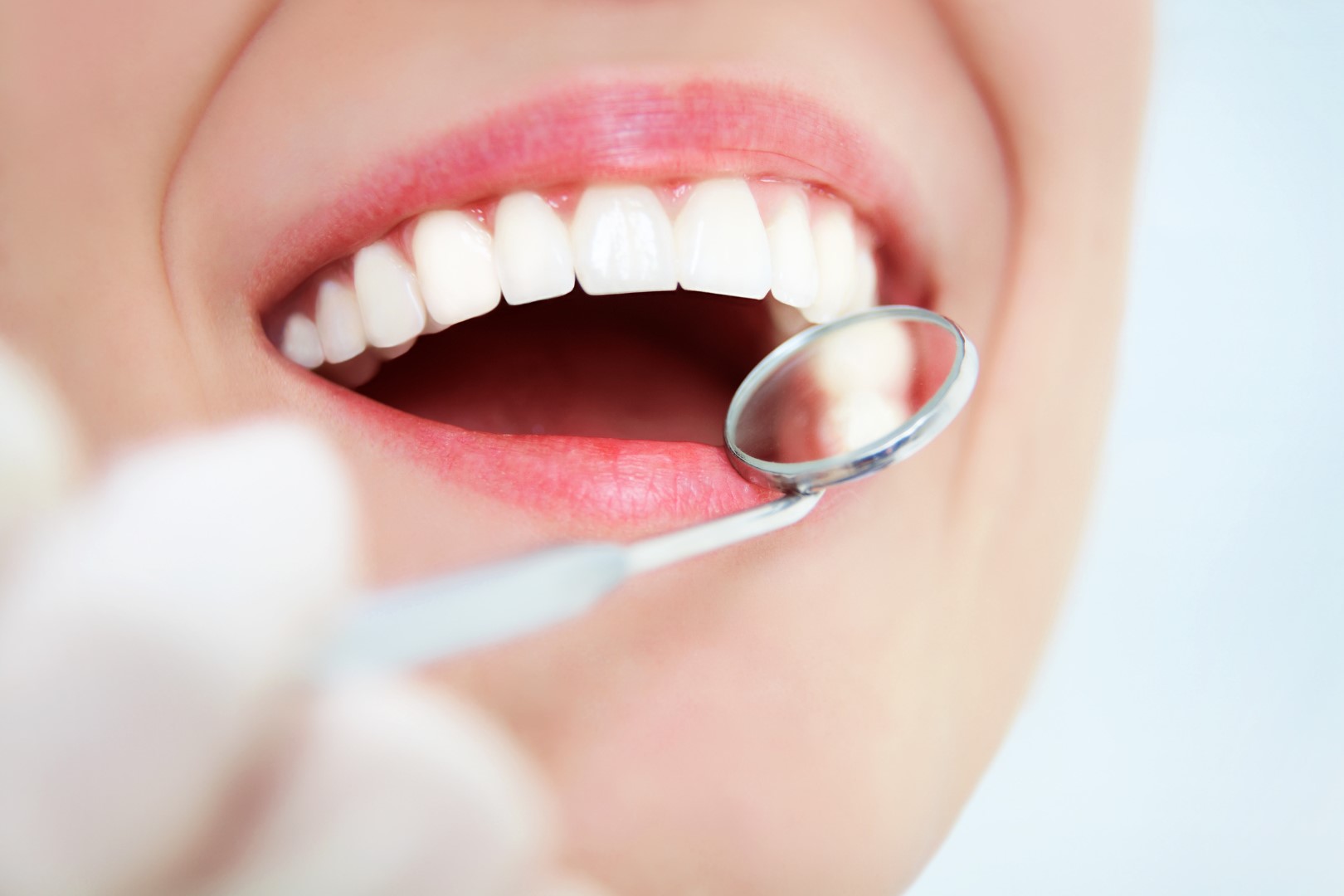Hands on course for dentists looking to maximise their results from managing TMD
Join this one-day interactive course and discover the latest contemporary theories and treatment of TMD from the perspective of the dentist, expert facial physiotherapist and ENT surgeon.
This course will discuss medical considerations, biopsychosocial model and theory required to understand the deliverance of person-centred care for TMD and is supported by live demonstrations, including:
-
Live demonstration of contemporary injecting techniques for Botulinum toxin use in TMD,
-
Live demonstration on muscular palpation and joint assessment as per DCTMD and beyond, soft tissue release TMJ, basic exercise prescription for clicks and deviations,
-
Live demonstration of the first dentist appointment, best practice screening questionnaires and history taking techniques.
In addition, demystify occlusal splints, with practical, take-home suggestions for when to use which type of splint and why, and learn how you can assemble your own local multidisciplinary team in private practice to better support your patients.
Topics include
- Understanding the link between upper airway restriction and TMD
- Injection strategies for success with Botox in TMD
- Understanding simple approaches to changing habitual daytime bruxing
- Understanding simple and evidence based approach to occlusal splints
- Understanding diagnostic criteria for TMD and practical management strategies in clinical practice
- Understanding the role of multidisciplinary care in TMD and how to facilitate a multidisciplinary team in clinical practice
Learning Objectives
- Understand the pathophysiology of upper airway obstruction and the development of TMD
- Recognise the evidence base behind treating TMD, and understand how to apply these principles in practice
- Understanding differential diagnosis and identification of sources of pain in TMD
- Implement best practice TMD management strategies in the clinic, through breaking the silos that exist within various professions to achieve effective management of TMD
